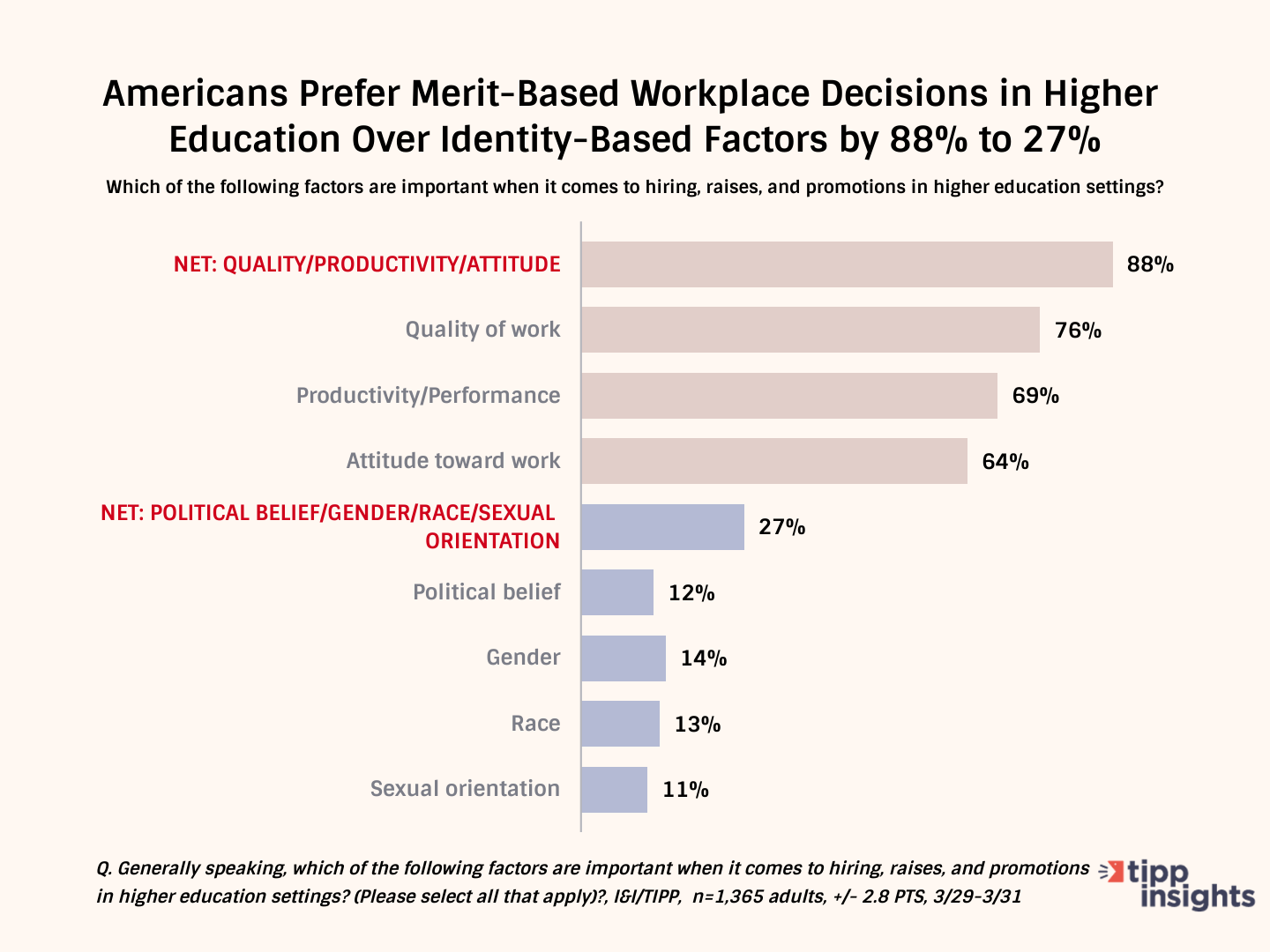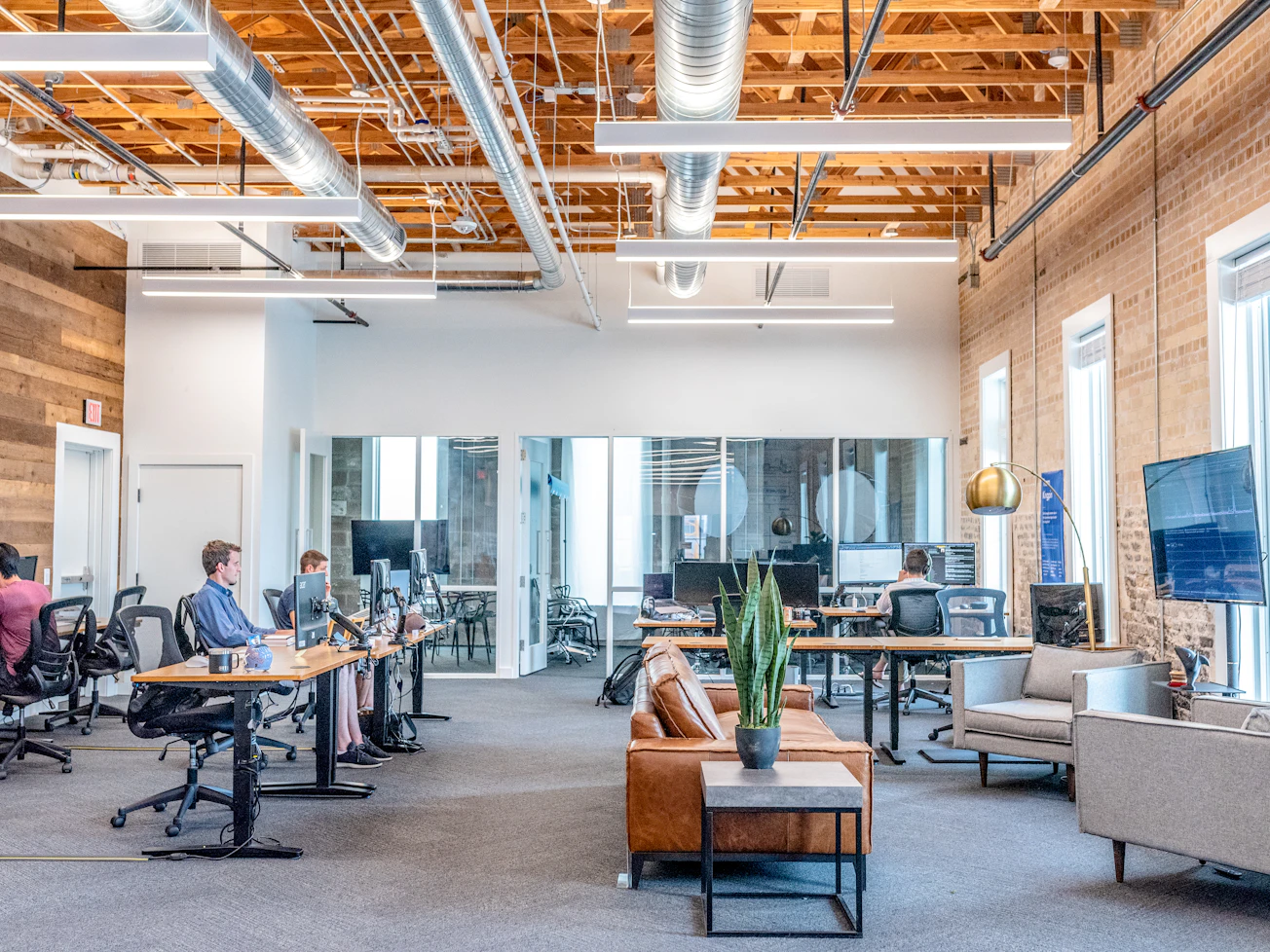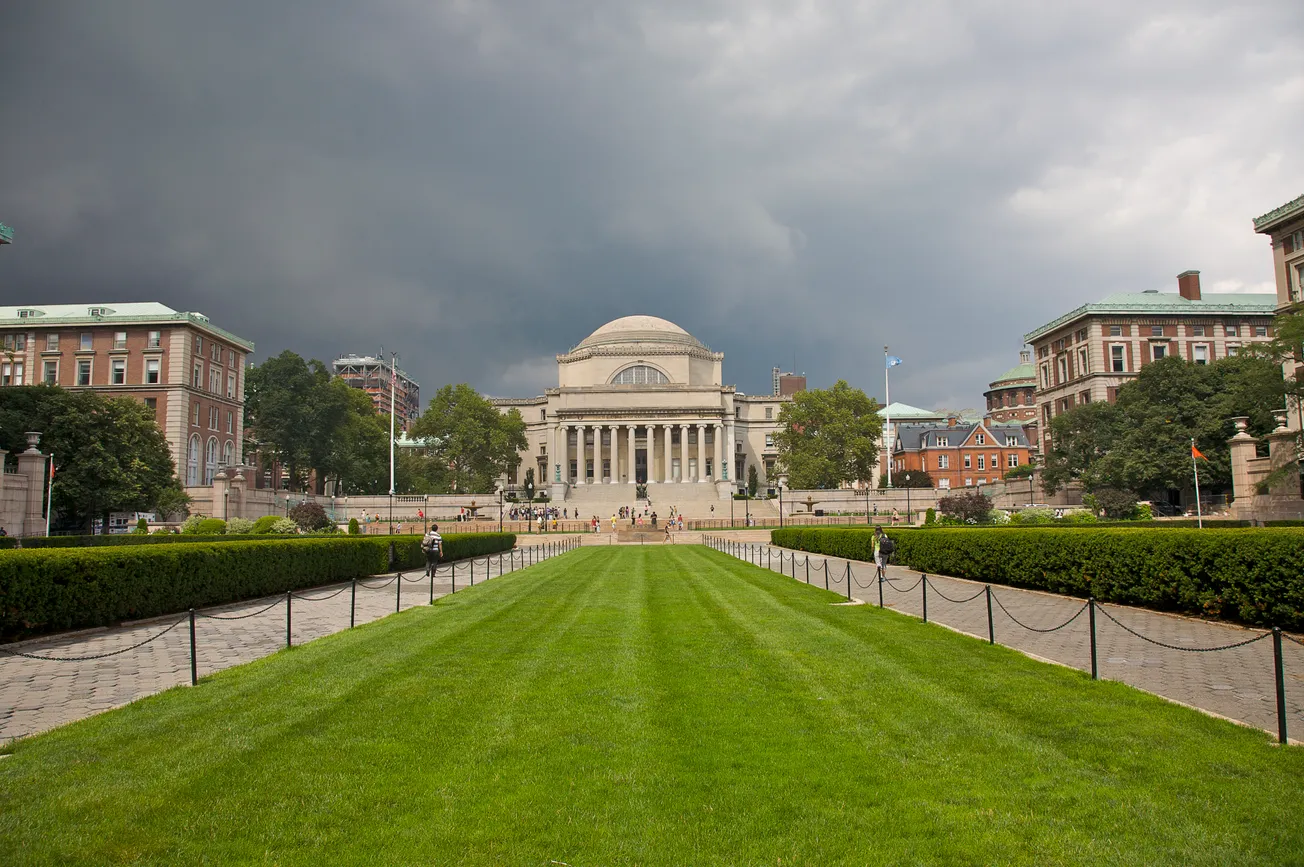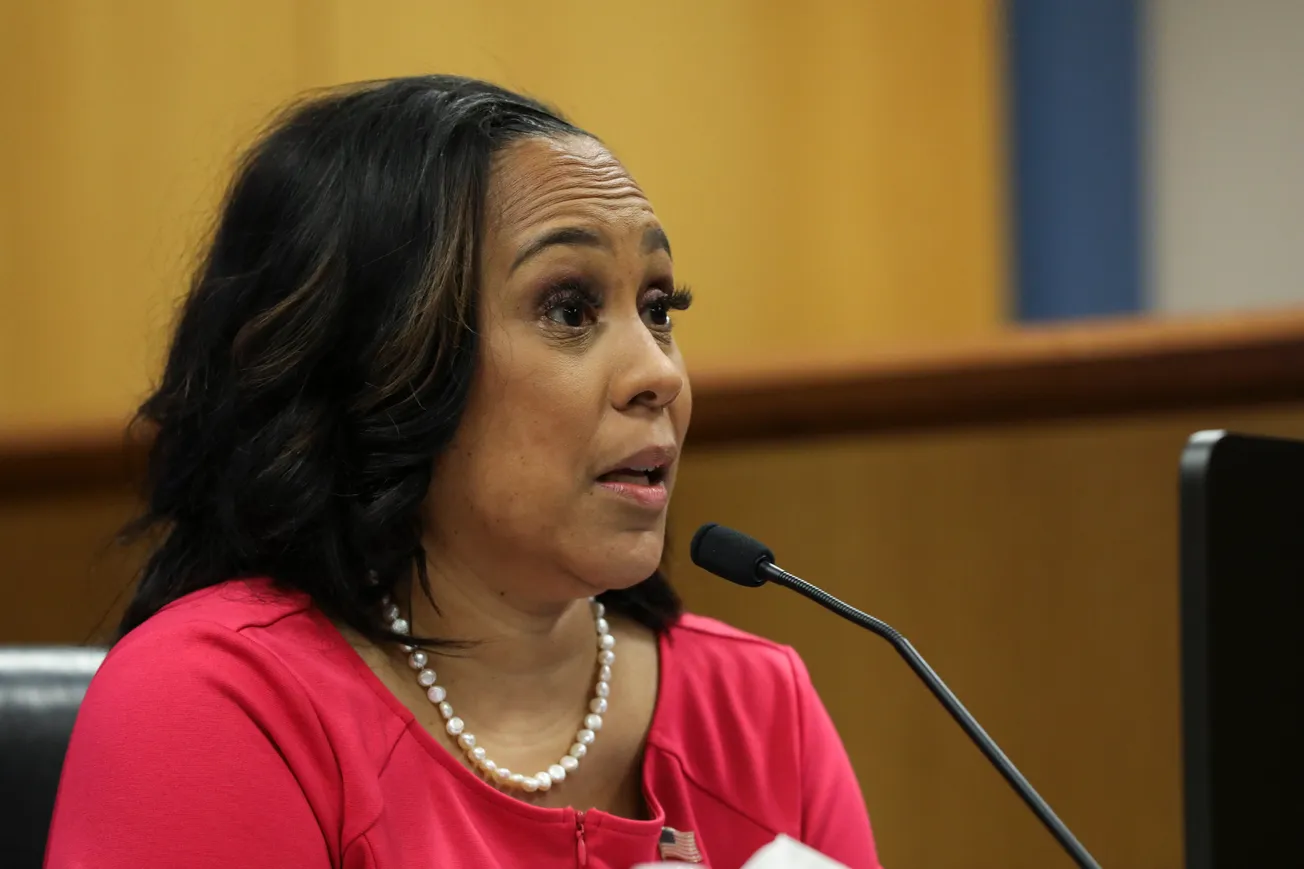American businesses and higher-educational institutions have been swept up in the "Diversity, Equity, Inclusion" trend, which bases hiring, pay and promotion decisions on such things as political beliefs, gender, race and sexual orientation. Do most Americans support this trend? The answer is a resounding "no," the latest I&I/TIPP Poll shows.
Looking at the recent historic shifts among American commercial and educational institutions when it comes to their employment, promotion and pay practices, the latest I&I/TIPP Poll asked Americans "which of the following factors are important when it comes to hiring, raises, and promotions in the workplace?"
The list for rewarding employees included: "political belief," "race," "gender," "political orientation," which together comprise some of the essential elements of workplaces and schools that operate under the "progressive" ideals of the Diversity, Equity and Inclusion (DEI) movement.
But the other possibilities listed were employment practices still found in some, but not all, modern American workplaces and schools. These include judging employees on "quality of work," "productivity/performance," and "attitude toward work."
(Note: Respondents were encouraged to select all the responses they thought were important, so the numbers reflect relative support, not absolute support, and don't total to 100%.)
So did Americans prefer the new "woke-place," or the old "workplace"? How about higher education?
The answer: Voters showed a clear and decisive 3-to-1 preference overall for the tried-and-true over the trendy-and-untested when it came to workplace practices.
The grouped poll responses that corresponded to the DEI/woke workplace, including "political belief/gender/race/sexual orientation," gathered just 26% support on net. Those including the more-traditional "quality/productivity/attitude" won a whopping 89% support.
The online I&I/TIPP Poll of 1,365 adults was taken from March 29-31, and has a margin of error of +/-2.8 percentage points.
If it were an election, it would be a landslide.
Only 9% thought "political belief" was important, while gender (15%), race (15%), and sexual orientation (12%) did only slightly better.
Meanwhile, support for "quality of work" (79%), "productivity/performance" (69%) and "attitude toward work" (60%) were far higher.

We asked the identical question about higher education, the source of huge social changes now sweeping America's cultural life and its economic landscape.
Not surprisingly, the answers for higher education closely tracked those of the workplace. Only 27% called the "political belief/gender/race/sexual orientation" factors important, while 88% favored "quality/productivity/attitude."

But that's not to say there are no differences.
For instance, blacks and Hispanics support the traditional "quality/productivity/attitude" at an 83% rate, not far behind white voters at 92%. But blacks and Hispanics also support the more-woke "political belief/gender/race/sexual orientation" category by 40%, twice the 20% level of whites.
Men and women also differ. Among women, just 15% support "political belief/gender/race/sexual orientation" workplace culture, compared to 38% of men.
Responses by age also revealed gaps. Those 18-24 (38%) and 25-44 (47%) showed much more support for the progressive "political belief/gender/race/sexual orientation" workplace than those 45-64 (13%) and over 65 (7%).
Based on the data, the I&I/TIPP poll strongly suggests that recent revolutionary changes in both the American workplace and in schools are not being driven by popular demand for change, but rather appear to be the work of activist groups, along with progressive politicians and their supporters.
Still, it's happening.
It's hard to think of a major corporation, college or university that isn't currently being run on DEI principles, impacting both employees and students alike.
Regarding corporations alone, a recent Google search for "DEI corporations" instantly yielded 118 million hits in just 0.52 seconds. It's pervasive. The policies that DEI represents seem to have become embedded in American life.
For instance, Fortune tracks the "Top 20 Fortune 500 Companies for Diversity and Inclusion," while the august Harvard Business Review pondered "How to Measure Inclusion in the Workplace." The business consultancy McKinsey regularly features DEI in its reports.
Indeed, it's hard, as we noted earlier, to find an institution that still adheres to the old ways of measuring effort and achievement in the workplace. Nearly all have entered the DEI realm.
“In the scope and rapidity of institutional embrace,” noted former CIA analyst and author Marti Gurri, “nothing like it has transpired since the conversion of Constantine.”
So far, the trend has yielded few benefits. Many companies are finding that their new DEI workforces, woke to the core, are not performing up to snuff. Even amid a tight labor market, layoffs are becoming common, as corporations seek bottom-line results.
Even so, the swift, pervasive rise of the woke corporation and university has been stunning, wrote Thomas Hackett, in a recent RealClearInvestigations piece.
"Wells Fargo offers cheaper loans to companies that meet racial and gender quotas. Private equity and venture capital firms like BlackRock and KKR declare their commitment to racial 'equity,'" Hackett reported.
"Bank of America tells its employees they are implicated in a white supremacist system," he added. "Lockheed Martin asks its executives to 'deconstruct their white male privilege.' Major tech companies like Google publicly chart the 'Black+ and Latinx+' people they’ve hired, and assure the public that Artificial Intelligence will prioritize the DEI political agenda."
Within colleges and universities, DEI for faculty, administration and staff has increasingly bled into instruction, stifling free speech, restricting academic inquiry, and promoting a far-left vision of American culture and politics. Today's students will suffer mightily for it.
How did it happen?
"Much of this resulted from the societal overreaction following the murder of George Floyd in the summer of 2020," observed Christopher Tremoglie of the Washington Examiner. "Left-wing executives throughout the nation used this chaos to implement radical agenda-driven corporate programs to reshape the culture and indoctrinate employees."
Yet, our poll shows clearly that most Americans, including minorities and women, reject these ideas, at least with regard to the workplace and higher education.
So why is it being imposed on all of us?
I&I/TIPP publishes timely, unique, and informative data each month on topics of public interest. TIPP’s reputation for polling excellence comes from being the most accurate pollster for the past five presidential elections.
Terry Jones is an editor of Issues & Insights. His four decades of journalism experience include serving as national issues editor, economics editor, and editorial page editor for Investor’s Business Daily.
Want to dig deeper? Download data from our store and pay what you can afford!
Like our insights? Show your support by becoming a paid subscriber!









